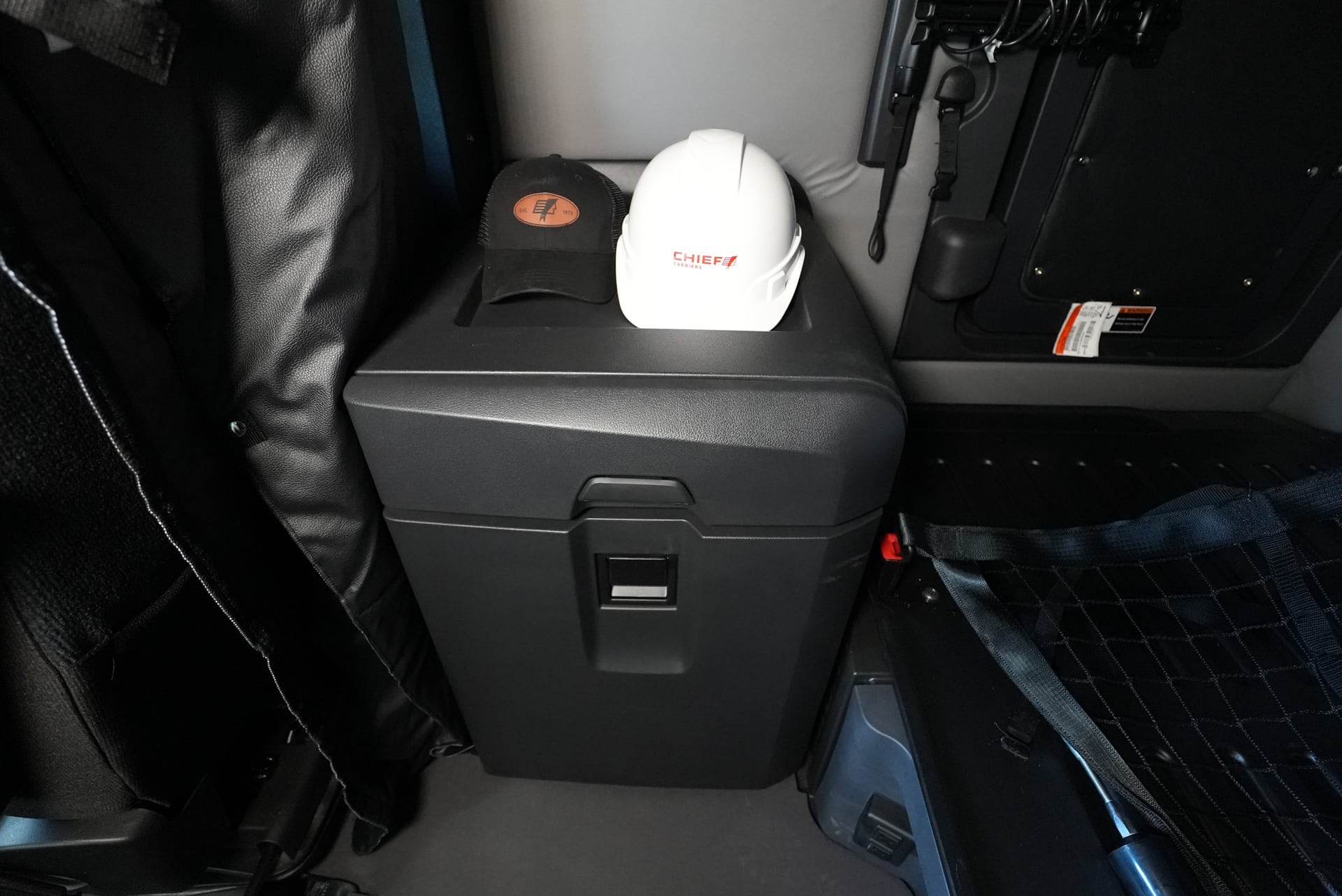Nurturing Trust and Accountability: The Role of the Safety Department in Trucking
In the fast-paced world of trucking, safety is paramount. Ensuring the well-being of drivers and maintaining a secure work environment requires an effective safety department that goes beyond mere compliance. In a recent episode of the Driven Too Far podcast, Andrew Winkler engages in an enlightening conversation with Brett Kleier, an expert from Chief Carriers, shedding light on the crucial role of the safety department in fostering trust and accountability among drivers. Let’s delve into the key takeaways from their discussion.
Building Relationships for a Safer Environment
One of the primary responsibilities of the safety department is to establish meaningful relationships with drivers. Brett emphasizes the significance of personal interaction, encouraging safety personnel to step out of their offices and engage with drivers on a more personal level. By showing genuine care and interest in their well-being, safety professionals can create an atmosphere of trust, where drivers feel comfortable discussing concerns and seeking assistance.
Developing a Culture of Accountability
Creating a culture of accountability is essential for long-term safety success. By instilling trust between drivers and the safety department, a foundation is built that encourages drivers to take responsibility for their actions. Brett highlights the importance of open communication, where drivers are encouraged to report incidents and share their perspectives. This two-way dialogue allows for constructive criticism, facilitating a collective effort to improve safety practices.
Safety vs. Compliance
A common misconception is that the safety department is solely focused on compliance and acts as a “compliance cop.” However, Brett dispels this notion, emphasizing that true safety goes beyond ticking boxes and adhering to regulations. While compliance ensures adherence to legal requirements, being a safe driver involves attentiveness, responsible behavior, and a commitment to continuous improvement. Safety professionals strive to reinforce positive behavior and address concerns in the trucking industry beyond mere compliance.
Challenges and Misconceptions
Brett discusses some challenges and misconceptions surrounding the safety department. He highlights the frustration caused by drivers neglecting important details, such as filling out logbooks correctly. This oversight not only creates additional work for the safety team but also puts drivers at risk during roadside inspections. He emphasizes the need for drivers to understand the importance of accurate documentation and the repercussions of false logs.
Cultivating a Mindset of Continuous
Learning To overcome resistance to change, Brett emphasizes the importance of repetitive communication and real-world examples. By sharing experiences and lessons learned, drivers can gain new insights and perspectives. Building a culture of continual learning helps drivers recognize the benefits of embracing change and adapting their practices for improved safety outcomes.
The Safety Department as a Support System
Brett concludes the conversation by emphasizing the role of the safety department as a support system for drivers. He encourages drivers to view the safety department as their first point of contact, providing a listening ear and guidance. By fostering an environment where drivers feel comfortable discussing frustrations and concerns, the safety department can help drivers clear their minds and focus on their primary goal of arriving home safely.
The Critical Role of the Safety Department
The Driven Too Far podcast conversation with Brett Kleier sheds light on the critical role of the safety department in the trucking industry. By nurturing trust, promoting accountability, and facilitating open communication, safety professionals play a vital role in creating a safer and more responsible work environment. Their dedication to driver well-being and continuous improvement is pivotal in ensuring the success and sustainability of the industry.

